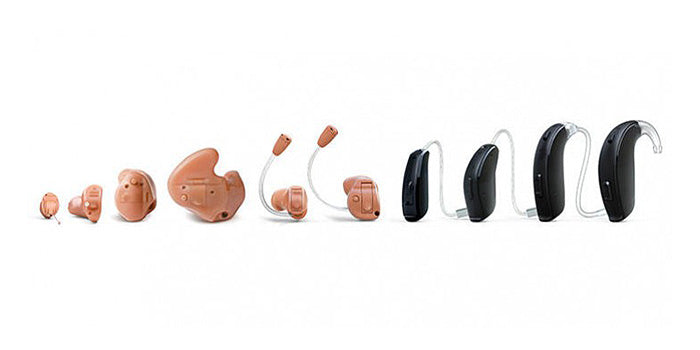Tinnitus in Malaysia is currently an under recognised and prevalent disorder. If you're looking for tinnitus treatment in Malaysia, visit Listening Lab.
What is Tinnitus? In short, it is sound or noise that we perceive inside the head, or seemingly from one or both ears. This isn’t a psychiatric issue - like auditory hallucinations - but instead is a symptom of an underlying condition such as the loss of hearing, an injury to our hearing mechanism or a blood circulatory disorder.
While all of us will perceive tinnitus regularly, it should only lasts seconds if not minutes. It is when tinnitus becomes persistent and loud that it disturbs the sufferer from focusing on his usual activities in life, such as studying, watching tv, sleeping. This is when the tinnitus has a deeper negative impact on the sufferer’s quality of life. It is a disturbing, uncomfortable and unpleasant. If unchecked, it can often lead to stress, unhappiness and eventually depression.

Why does tinnitus occur? There are a number of reasons for the onset of persistent tinnitus but among the most common is exposure to loud noises without the use of hearing protection. This results in a sudden and permanent loss of hearing in some frequencies. This can be as a result of noise in your daily work routine or environment and even leisure activities such as noises from operating machinery such as lawn mowers, long distance motorcycling, chainsaws, playing musical instruments or listening to music at levels which are unhealthy for hearing preservation.
Cures for tinnitus. There is no clinically proven permanent cure for tinnitus, despite what many websites and marketing messages say. However it is possible to get relief using a variety of methods.
One of the more common options for tinnitus relief is through use of Tinnitus Control Instruments (TCIs). TCIs are hearing instruments which also incorporate a noiser function.

The hearing instrument component of the TCI address auditory deprivation issues through the use of amplification. In many instances, tinnitus is a symptom of hearing loss and by feeding sounds to the auditory system of the sufferer, some of the tinnitus symptoms are alleviated.
However hearing amplification does not help tinnitus when the environment is quiet. That is where the noiser component of the TCI is useful.The noiser provides a soft noise to distract the patient from the tinnitus in situations where amplification from the hearing instrument portion is insufficient to provide relief to the sufferer.
The Listening Lab provides a range of TCI devices for users who need hearing amplification and tinnitus relief.
See other hearing care services we offer.
Send us a message with the code #NOTINNITUS and purchase a tinnitus solution with a 20% discount off current prices. Promotion ends 31 Dec 2021


















